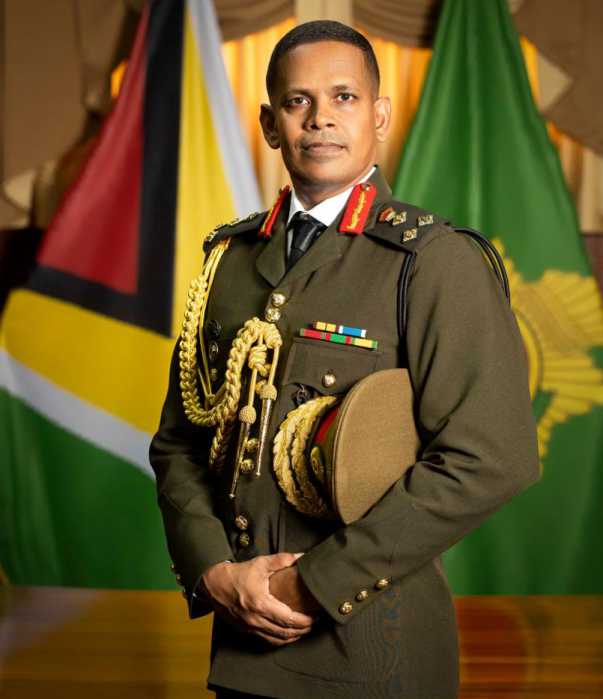Ask most people in Jamaica, Trinidad and Guyana which issue is perhaps uppermost on their minds and the answer could well relate to a visible spike in violent crimes in these key members of the regional trading bloc.
In Trinidad this week, authorities are probing the high profile murder of Superintendent of Prisons David Millette who was gunned down in front of his home as he was preparing for a personal errand. His assassination has made him the 17th such officer to be murdered by unknown gunmen in the past decade and sparking panic in security circles on the island.
His death has also come in the midst of a spike in violent and gang-related crime in the oil and gas-rich twin island republic with Tobago which is still reeling from the domestic and international fallout from the brutal October murder of British couple, Attorney Richard Wheeler, 73, and his wife, Grace, 67. The couple were hacked to death at their home in tourist paradise, Tobago, one of several such murders on the island to have sparked speculation in the British press about a serial killer on the island targeting white people.
In all Trinidad police and the country’s month-old government are being forced to deal with what is shaping up to be yet another record year for murders on the island of 1.3 million. Official statistics show that 358 people have been killed up to the beginning of November so far, roughly translating to about one in every 36 hours.
In neighboring Guyana which also has a new government, a gang of black clad gunmen on high handle motorcycles fired rifle and pistol shots wildly in the air on Tuesday night while robbing a slew of local foreign exchange money changers of thousands of dollars in cash and jewelry in a scene many say resembled a movie set.
No one was killed during the evening rush hour commute as passengers scrambled through mini bus windows and as vendors rushed for cover.
The attack came less than two weeks after a 42-day gun amnesty ended with just under 200 weapons of various calibers being handed in as well as thousands of rounds of both handgun and rifle ammunition.
Local police and government officials say they believe that the gangs, which are striking in various parts of the country sometimes simultaneously, are being centrally if not politically directed but officers are yet to publicly detail any intelligence they have in this regard.
Crime statistics reveal 123 murders up to the end of October, about five percent more than last year, a 10 percent in serious felony crimes like armed robberies and an alarming 19 percent hike in reported rapes compared to 2014.
And in both neighboring CARICOM states, opposition officials are blaming alleged incoherent official policies for the spike in crime and for the failure of law enforcement officials to tame it.
Meanwhile, up north in Jamaica opposition Jamaica Labor Party (JLP) activists clashed in parliament with government colleagues over a 23 percent increase in the number of murders so far this year with nearly 990 people killed up to late October.
Government and opposition legislators have clashed on the issue in the assembly especially so after JPL MP’s said they had information that up to 800 officers were preparing to quit the Constabulary because of low morale.
General elections are expected to be called sometime in January, a full year ahead of when due so debate about any issue like crime is certain to heighten political tensions.


























